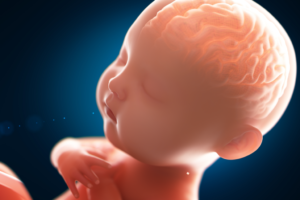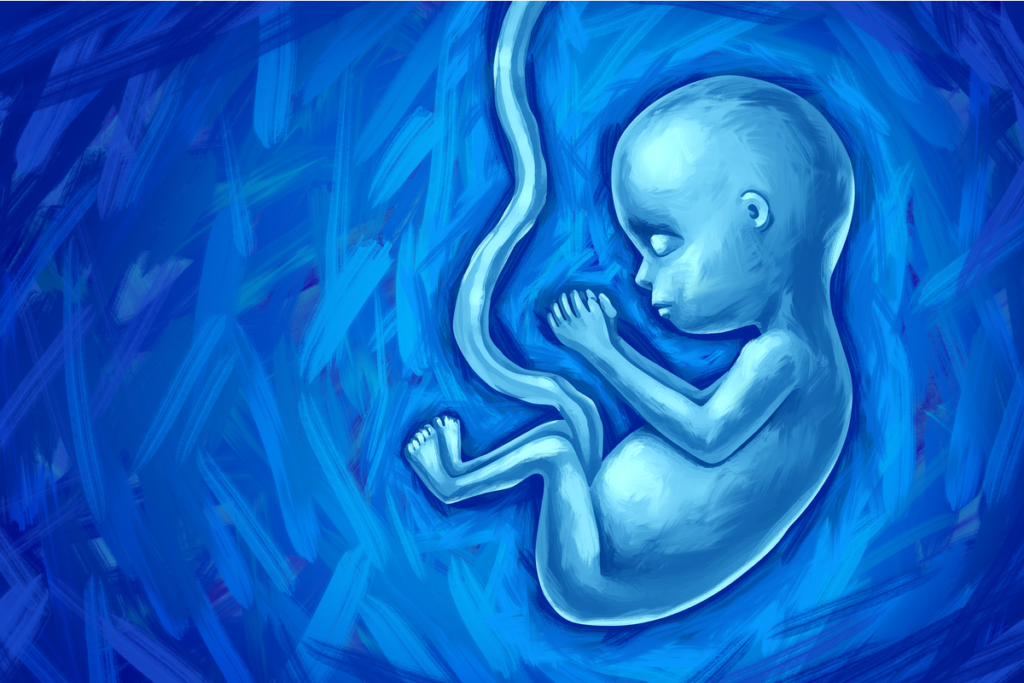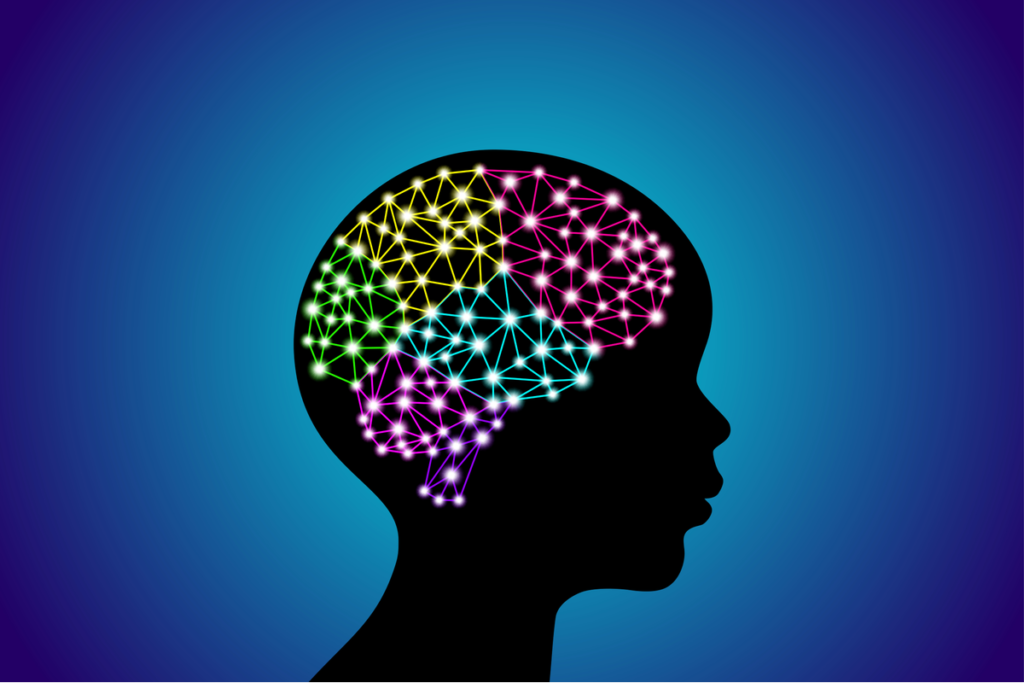From Before Birth to Four Years is the Most Decisive Phase For the Brain

Scientists claim that the most decisive phase for the brain coincides with the beginning of life. It’s at this stage when development progresses faster and more visibly than at any other time in life. It’s also in this period when a good part of the individual’s brain and mental health is decided.
Sigmund Freud considered childhood to be a determining stage of the human being. Indeed, psychoanalysis attaches great importance to all the events that take place at this time of life. In fact, it searches for keys in adults’ childhoods for their deepest problems. Today, the field of neuroscience has also confirmed that the most decisive phase for the brain is in childhood.
Childhood is a decisive phase for the brain because it’s at this precise moment that the organ is being formed and developed. Furthermore, science has now proven that difficult experiences, both in fetal life and in the early years, can have long-term effects on the child.
” It is never too late to have a happy childhood.”
-Tom Robbins-

Fetal development: a decisive phase for the brain
Fetal development is a decisive phase for the brain. Indeed, today, science knows that the development of this organ can be altered by the living conditions of the mother. In fact, if the mother suffers episodes of intense stress, more or less continuously, it affects the developing fetus.
Stress causes levels of cortisol to increase. This substance is actually known as the stress hormone. If high levels of cortisol are frequently present, it crosses the placenta and causes epigenetic changes in the body of the fetus.
Such changes have to do with modifications in DNA. The immediate effect is that the cortisol level also begins to be elevated in the fetus. Studies have established that, in such cases, the child is born with an abnormal response to stress.
Long-term stress problems
The abnormality in the response to stress manifests itself early in the child’s behavior. In general, they find it difficult to tolerate any stressful situation, such as momentary separation from the mother or a medical examination. Relevant to this is the fact that epigenetic changes have been found in the umbilical cord blood of newborns. This is generated by feelings of stress in the mother.
As if this were not enough, high levels of stress in the mother have also been found to cause changes in the child’s brain. In many cases, it increases the volume of the amygdala. This is the area responsible for processing emotional memory, particularly emotions such as anger or fear.
In these cases, there also appears to be a reduction in the hippocampus. This is the area associated with learning affective events and memory. Furthermore, a decrease in the gray matter has been observed which relates to the regulation of behavior and decision-making. The white matter also undergoes certain modifications.
The effect of all these changes is usually, in general, a more intense response to stressful situations. This is believed to predispose the child to mental problems. In addition, there may be emotional or behavioral difficulties. As a matter of fact, the child may have a lower IQ and a higher risk for developing autism and schizophrenia.

A functional disadvantage
If, after birth, the child remains exposed to difficult, frustrating, or shocking situations for them, the situation can become extremely complicated. Factors such as abuse, neglect, abandonment, violence in the family, use of psychoactive drugs, or poverty can enhance this effect. In fact, if the child has a special sensitivity to stress and experiences it frequently, the damage to them is greater.
Scientists have discovered that children exposed to these factors also experience changes in the brain during the first years of life. For example, the amygdala can become hypertrophied; a fact that manifests itself as anxiety. Likewise, there could be deterioration of memory, self-control, and learning problems due to the reduction in the size of the hippocampus.
In addition, language and reasoning problems can arise. This is because the medial prefrontal cortex is also affected. These facts all point to the need for a greater consideration toward the care of expectant mothers and their babies. Furthermore, the good news is, that if adverse conditions change, these abnormal changes can be reversed.
All cited sources were thoroughly reviewed by our team to ensure their quality, reliability, currency, and validity. The bibliography of this article was considered reliable and of academic or scientific accuracy.
- Lipina, S. (2019). Pobre cerebro: Los efectos de la pobreza sobre el desarrollo cognitivo y emocional, y lo que la neurociencia puede hacer para prevenirlo. Siglo XXI Editores.
This text is provided for informational purposes only and does not replace consultation with a professional. If in doubt, consult your specialist.








